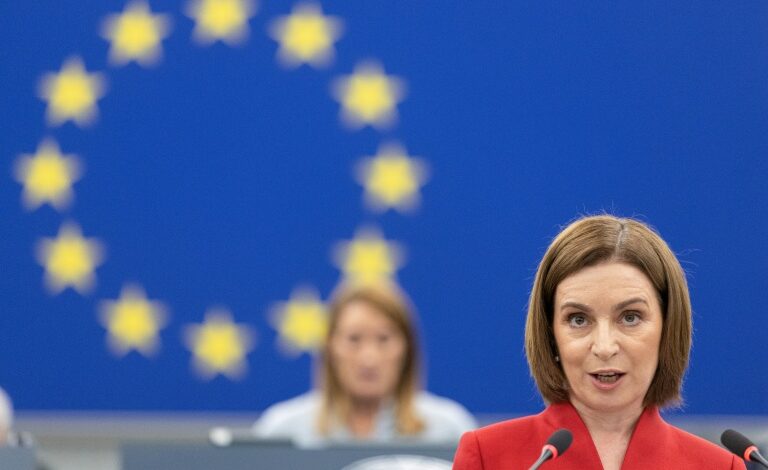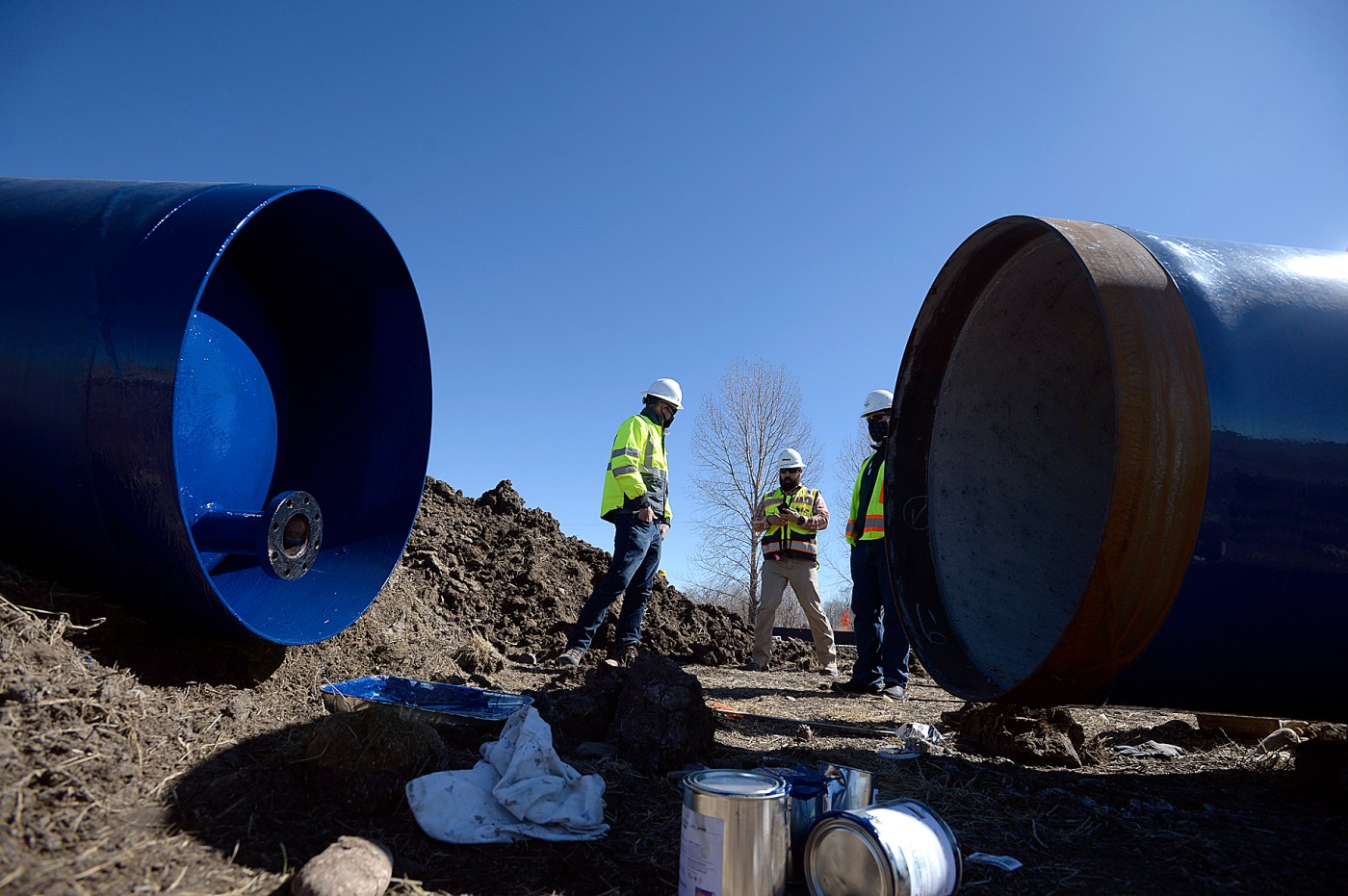Moldovans Head to Polls in Crucial Vote Amid Russian Influence

UPDATE: Moldovans are set to cast their votes in a pivotal parliamentary election on September 28, described by President Maia Sandu as the “most consequential” in the nation’s history. As tensions rise between Russia and the European Union, the outcome could determine Moldova’s future direction, with polls indicating that Sandu’s pro-EU Party of Action and Solidarity (PAS) currently holds a lead.
This election is critical for the 2.4 million residents of Moldova, situated between war-torn Ukraine and EU member Romania. Voters face a stark choice: strengthen ties with the West or revert to Soviet-era connections with Moscow. However, President Sandu has accused the Kremlin of pouring hundreds of millions of euros into “dirty money” to manipulate the election, raising concerns about the integrity of the vote.
Analysts caution that despite Sandu’s current lead, voter sentiment is volatile. Economic hardships and unfulfilled promises for reform have sown doubt among the electorate. “I want a better future, to finish my studies abroad and come back to a Moldova I like,” said Livia Melnoc, a 21-year-old voter in Chisinau, highlighting the human impact of this decision.
With 23 political parties and independent candidates vying for 101 parliamentary seats, the stakes are high. A potential loss for Sandu’s PAS could complicate Moldova’s EU integration efforts. Opposition parties, led by the pro-Russian Patriotic Bloc, argue that distancing from Russia has stifled economic growth and promise to restore relations, including cheaper gas and higher pensions.
In the lead-up to the elections, prosecutors have conducted raids targeting voter corruption and illegal financing, revealing stashes of cash and audio recordings allegedly linking political figures to Moscow. The pro-Russian bloc associated with fugitive oligarch Ilan Shor has been barred from participation, yet he has pledged $3,000 to citizens who protest against the ruling party, further inflaming tensions.
Strong voter turnout is critical, especially among the influential diaspora and in the pro-Russian region of Transnistria. Experts warn that if PAS wins but fails to secure a majority, it may have to form a coalition with parties that could undermine EU integration from within the government. Analyst Valeriu Pasha from WatchDog.md states, “The game will be played until the very last moment,” underscoring the unpredictable nature of this election.
As Moldova stands at this crossroads, the implications of the vote extend beyond its borders, with potential ramifications for European stability. Sandu has warned that a government aligned with Moscow could serve as a “launchpad for hybrid attacks on the European Union.”
With tensions running high and the electorate anxious for change, all eyes are on Moldova as the clock ticks down to September 28. The outcome of this election could redefine Moldova’s place in a rapidly changing geopolitical landscape and shape the future of its people.






